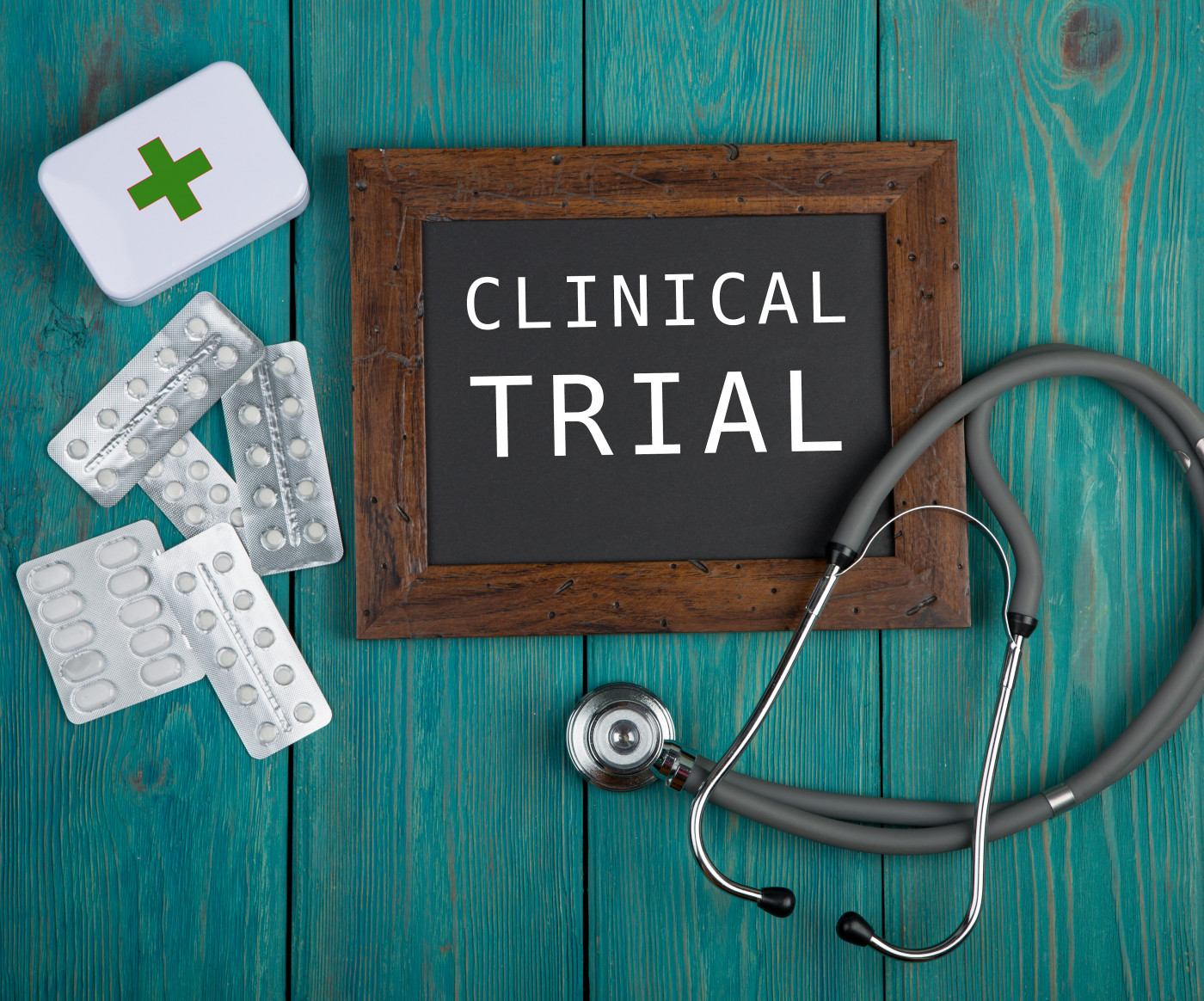FDA Clears Way for Phase 1 Trial of Low-dose Oral Carbon Monoxide

The U.S. Food and Drug Administration has cleared the way for a Phase 1 trial of HBI-002, Hillhurst Biopharmaceuticals‘ oral carbon monoxide treatment for sickle cell disease (SCD).
The trial will assess the safety, tolerability, and pharmacokinetics (how the therapy moves through the body) of single and multiple doses of the compound in healthy subjects. The study is expected to begin mid-year.
“We are very pleased that Hillhurst’s first [investigational new drug application] has been favorably reviewed,” Edward Gomperts, MD, company co-founder and emeritus professor at the University of Southern California, said in a press release.
“This represents a major milestone as our lead product candidate, HBI-002, advances into the clinic. We look forward to embarking on our next chapter as a clinical-stage company, harnessing our platform to evaluate the therapeutic potential of low dose carbon monoxide to prevent vaso-occlusive crises and transform the lives of patients with sickle cell disease,” Gomperts added.
HBI-002 is an oral medication designed to reduce inflammation and the risk of blood vessel blockage, which in SCD can be caused by the clumping of sickled red blood cells, by delivering low doses of carbon monoxide (CO) to the patients’ bloodstream. This mimics the action of heme oxygenase, an enzyme that produces CO as part of the body’s natural heme degradation pathway. Heme is a molecule that plays a key role in oxygen transport.
Hillhurst expects a low-dose of CO in oral form could overcome some of the challenges presented by inhaled therapy, such as imprecise dosing, risk of CO poisoning, and reliance on compressed gas cylinders.
Past research, some conducted by Gomperts himself, has shown that CO has a potentially therapeutic effect on SCD through a variety of mechanisms. These include preventing the clumping of malfunctioning hemoglobin proteins within red blood cells and subsequent red blood cell sickling, limiting red blood cell death, and reducing the inflammation that plays a key role in vaso-occlusive crises.
These crises are painful medical emergencies that can lead to several complications, including stroke, leg ulcers, reduced kidney function, and spontaneous abortions.
Preclinical studies in SCD mouse models showed that daily oral treatment with HBI-002 effectively prevented blood vessel blockage after 10 days of dosing, according to the company.
Hillhurst is also investigating the therapeutic potential of HBI-002 to treat other disorders characterized by excessive inflammation and cell death, such as Parkinson’s disease.
Research on HBI-002 is supported by a Phase 2 small business innovation research grant from the National Heart, Lung, and Blood Institute.






